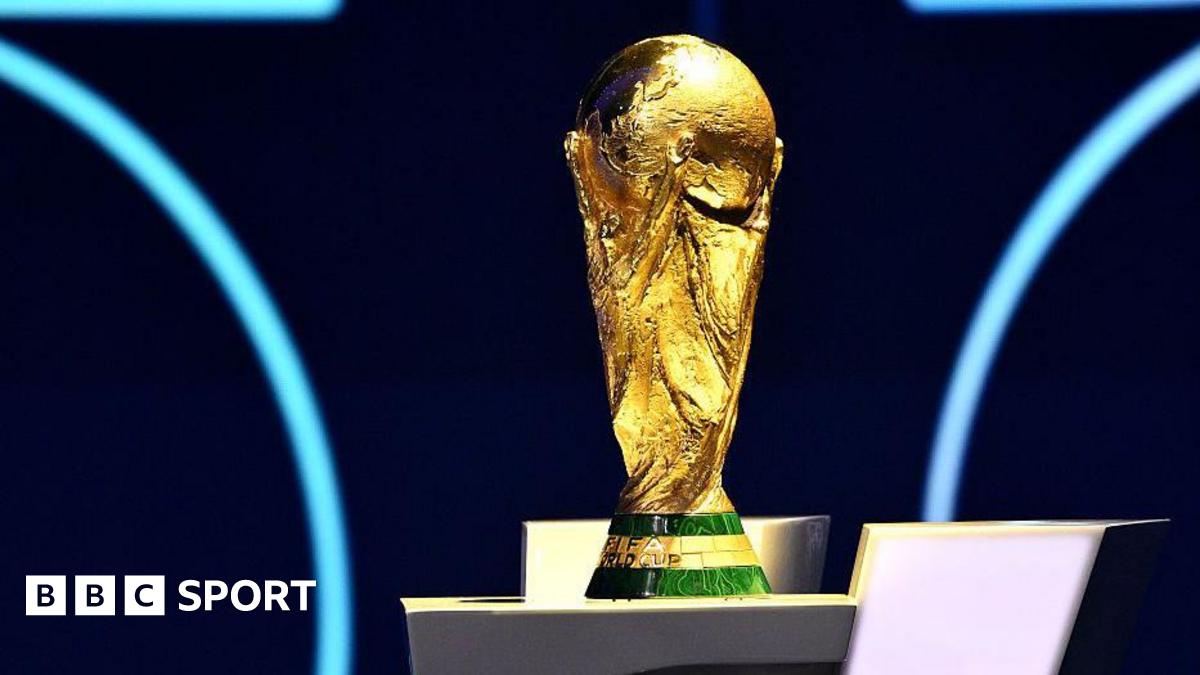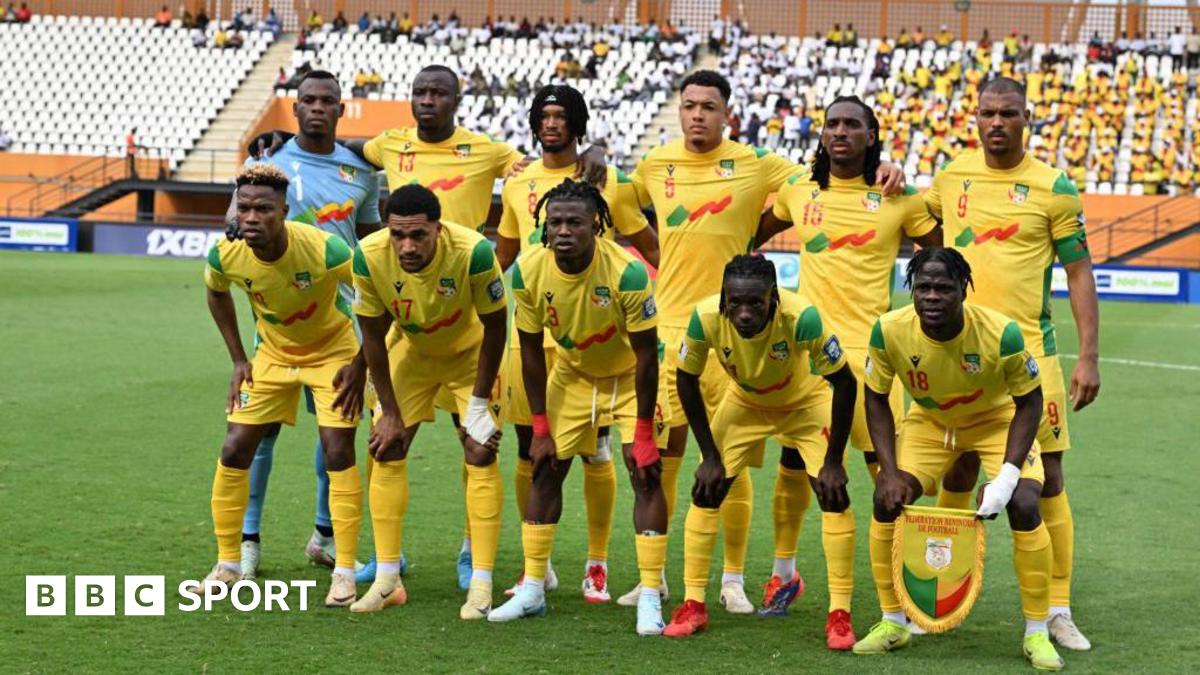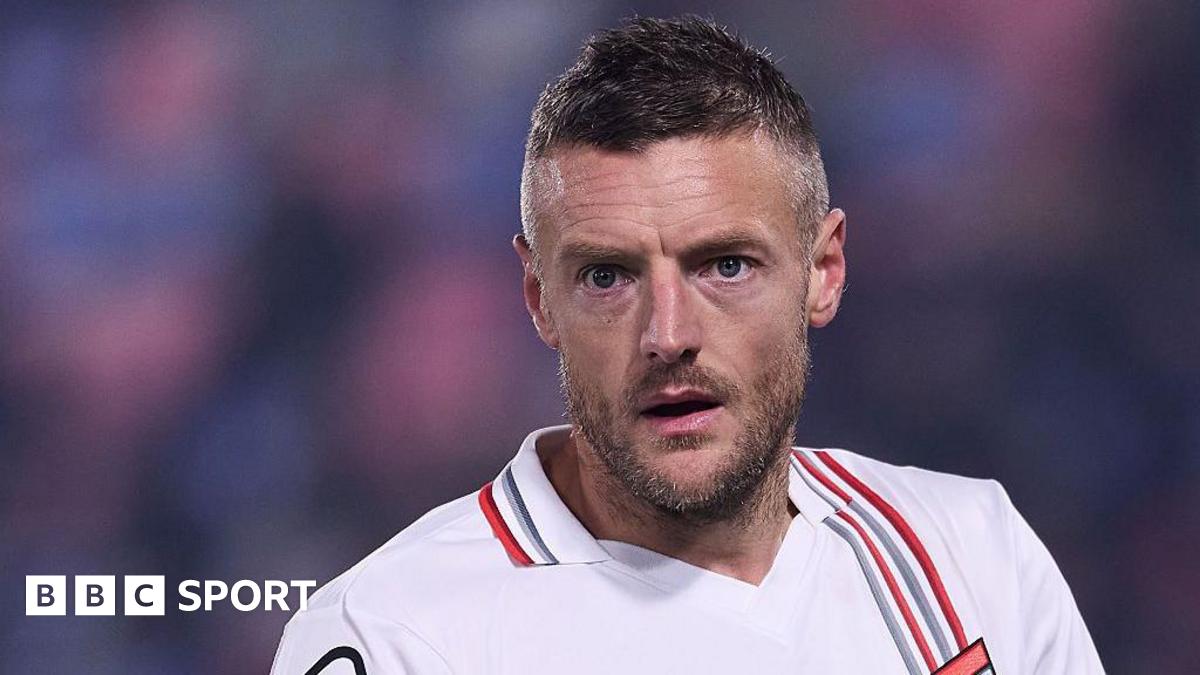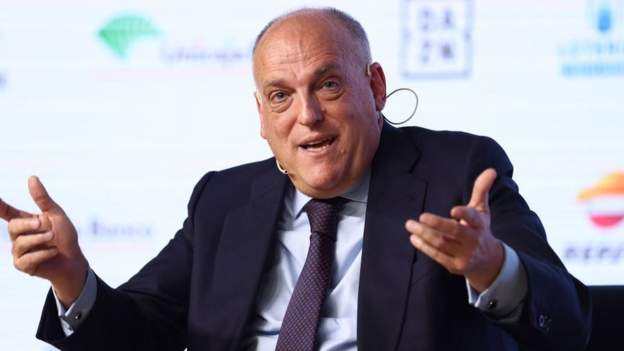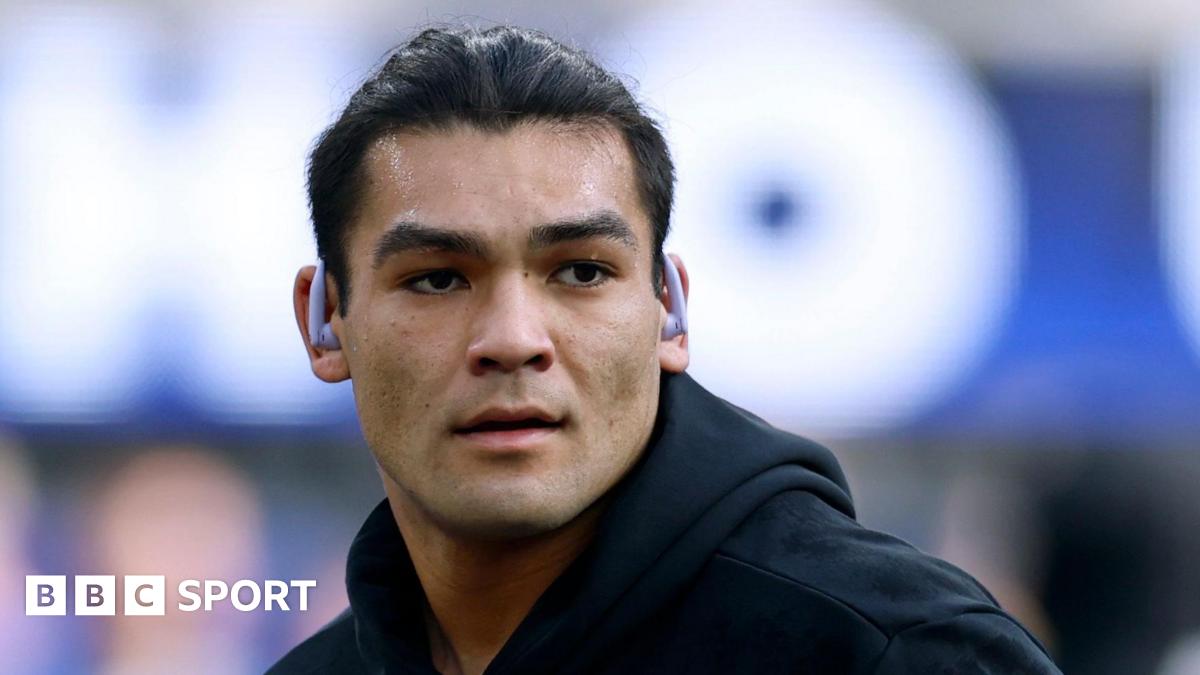European football is in “danger” unless “state-owned” clubs such as Manchester City and Paris St-Germain can be controlled, the president of Spain’s top league says.
La Liga has filed a complaint to Uefa about what it believes to be Financial Fair Play breaches by the two clubs.
It believes they are effectively run by wealthy countries and circumvent rules designed to keep spending sustainable.
Both clubs have vigorously denied the complaints.
Premier League winners Manchester City are majority-owned by Sheikh Mansour of the United Arab Emirates, while the Emir of Qatar owns French champions PSG.
“We’re doing it to defend the football eco-system in Europe,” said La Liga president Javier Tebas.
“We think European football is in danger. [We have] not been able to design a system to control the state-owned clubs.”
He has strongly criticised PSG over the new multi-million pound contract they gave star striker Kylian Mbappe.
Speaking at a European Leagues meeting in Amsterdam, he added: “We’ve made official complaints about PSG for financial doping.
“Uefa have allowed losses because clubs reduced their turnover, but PSG increased their wage bill by an incredible amount during Covid.
“Their wages for 2021-22 were 600m euros. It is impossible. That is without including Mbappe. It is obvious they are not applying FFP [Financial Fair Play] rules. It is endangering the entire financial eco-system in Europe.”
The complaint against PSG was made last week and the one against City in April, although La Liga says it reserves the right to extend these complaints.
In July 2020, the Court of Arbitration for Sport overturned a two-year Champions League ban imposed on City by Uefa for FFP breaches.
Tebas added: “At one point, Man City had 68% of their revenue from commercial income. Real Madrid was 54%. That is impossible. Man City as a brand is not worth that much. They were sanctioned but it was reversed. PSG is even more obvious. It is totally impossible. Contracts were inflated.
“The majority of people in football try to control their financial status. It is not a problem they are owned by the state. It is the financial side.”








